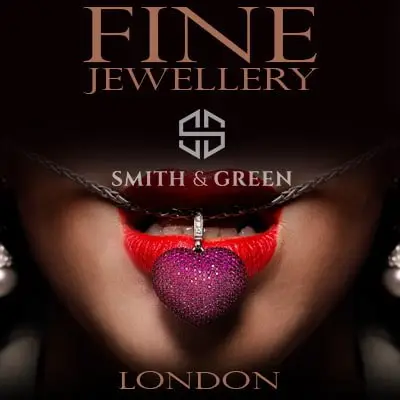The Brits and coffee…. not the first thing that comes to mind in the supposedly tea-obsessed British Isles! However, Britain has a long and fascinating relationship with coffee beans. Did you know there was a time when coffee would be the very first thing that came to mind as a British drink? Today, Britain is a leader in the artisanal coffee revolution, too, and coffee has finally returned to its spot as an iconic British social drink. Not sure what we mean? Let’s take a look!
The Historical British Coffeehouse- The Place to Be
Before we look more closely at the modern evolution of the British coffee drinker from someone shovelling down instant coffee to wake up for work to someone able to talk for hours about their favourite coffee beans, let’s dip into the history of coffee in Britain. The first coffeehouse in the UK sprung up in 1650 in Oxford, on the site where you’ll find The Grand Cafe today. Coffeehouses were synonymous with free speech, philosophy, social and political chatter, and free-spirited creatives. They earned the nickname ‘penny universities’, as a single penny is all the coffee cost, and it came with a heaping of excitement and learning, too.
Coffee was a rational and sophisticated drink, without the intoxicating effects of alcohol. Perfect for discussing business and high-class socialisation! Of course, the patrons were mostly very white, always male (women were banned), and usually pretty rich, but it was a buzzing, heady vibe that soon caught on. Coffeehouses became a neutral ground where class and education didn’t matter so much and everyone could have their say. And because alcohol was still sold alongside the coffee, things could get rowdy, too! Ill repute and intellectual sophistication went hand in hand, united by the coffee cup. By 1673, the more uptight members of British society were already condemning coffeehouse culture. Then King Charles II shut down both coffeehouses and the sale of coffee beans in 1675, calling them evil and dangerous and a risk to the fabric of society. Tea and chocolate got a ban, too, so you can imagine the uproar!
He quickly had to roll back the edict, and by the 1680s there were at least 2,000 coffeehouses, and possibly as many as 3,000, in the UK. The government loved the cash from the duties they could level on it too. However, the tricky history around the Restoration meant coffeehouses got the blame as breeding grounds for dissenters (which they were). They were periodically suppressed and even raided. Alongside this political role, coffeehouses were great places for juicy gossip and news, and journalists came to love them. However, as both pub culture and the popularity of tea soared, the British coffeehouse slowly died out. For a while, you would be hard-pressed to get a decent cup of coffee anywhere in Britain.


The Return of Coffee to the UK
Fast-forward a few hundred years, and we see the staid British tea drinkers starting to feel the glamour of modern coffee shops through pop culture like Friends, Fraser, and Seinfeld. At a time when America was still the single largest global trendsetter, they were all about coffee. So all the cool kids started enjoying it once again. Starbucks chains charged quickly into the fray, and coffee became the new rising star of the beverage scene. Today pub culture is no longer seen as the be-all and end-all of British social gathering, and coffee shops are again seen as chilled, cool, and intellectual places to see and be seen. Now with added laptops, tech-talk and gadgets! And once more refined and adventurous palettes got to experience the many speciality coffee beans in the world, stale old instant coffee was no longer as appealing.
Today, the British love their interesting artisanal coffees (and the shops that make them), and take great delight in exploring new coffee beans and finding the perfect brew. London, especially, with its fast pace of life and artistic heritage, has become a gathering spot for coffee fundies who trade brewing secrets and hot tips on the best coffee beans to enjoy. They might be frantically checking their mobiles for stock updates or business. They could be two retirees catching up on the news. But everyone is united by their love of coffee!
The Meeting Drink
Today, while good ol’ tea remains popular too, coffee is the perfect way to bring any meeting of people together and encourage relaxation, chitchat, and creative ideas. It’s become a social ceremony we all recognize and enjoy, and coffee shops were one of the first places Brits returned to once the strict pandemic lockdowns were lifted. Cafes rich in charm can be found wherever you visit, and they make for the perfect stop to catch up with friends or escape the dreary weather.
No matter what your favourite coffee beans are or how you brew them, coffee has an iconic role in British social gatherings. From history to the present moment, we all love a great cup- and that’s something to celebrate!
















